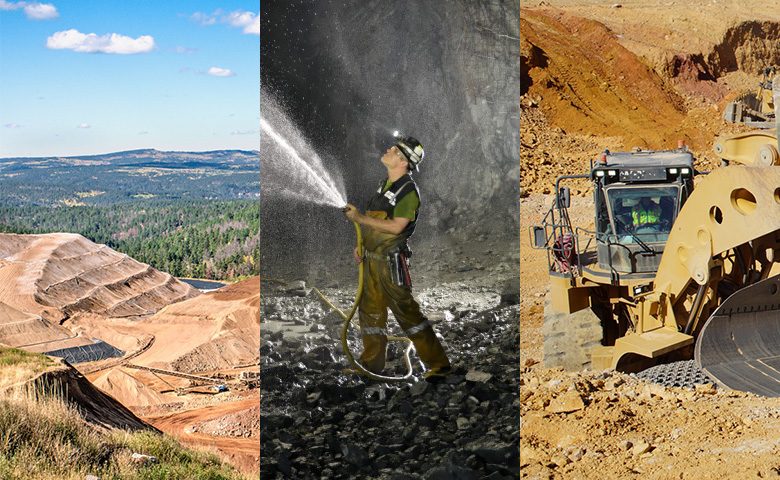Even though precious metals are considered to be rare, they are familiar in every part of the world—mostly because of the high economic value associated with them. The most commonlyknown precious metals like gold and silver are corrosion-resistant metals used for jewelry, currency and investments. But before they are ready for public consumption, they have to be located and extracted from various mines around the world.
Coeur Mining is a well-diversified producer of precious metals with five mines in North America:
- The Palmarejo gold-silver complex in Mexico,
- The Silvertip silver-zinc-lead mine in British Columbia,
- The Rochester silver and gold mine in Nevada,
- The Kensington gold mine in Alaska, and
- The Wharf gold mine in South Dakota.
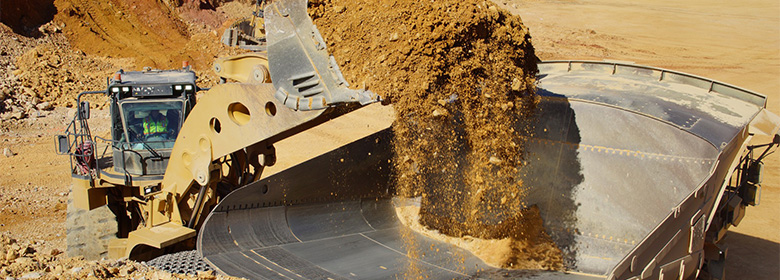
The reason why we are working away from home is for our families. We live for them—they are what drives us, our strength.
The Palmarejo gold-silver complex consists of the Palmarejo mine and processing facilities, the Guadalupe underground mine, the Independencia underground mine and other nearby deposits, all for exploration purposes. The Palmarejo complex is located in the state of Chihuahua, Mexico. Like any other industry, mining is not free from safety incidents. Coeur Mining was looking to build a new safety paradigm to reach the goal of zero accidents.
In the first stage, 18 experienced miners were interviewed by the HR department and trained to deliver the SafeStart process to their fellow workers in the underground mines.
These new instructors began their training process expecting the same old boring safety training, however, they understood that SafeStart was trying to implement a new safety culture. But what they didn’t expect was that SafeStart would hit so close to home for them. In order to change a culture, it’s important to appeal to what really matters to employees. A big part of that is the 24/7 safety process that is embedded in SafeStart.
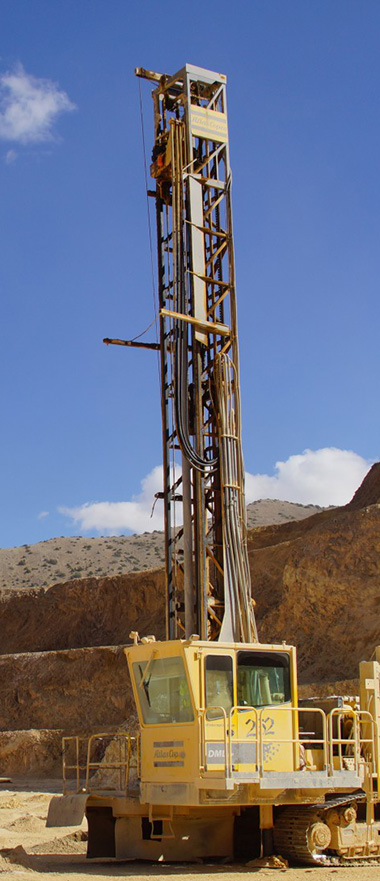 One of these instructors, Belén Miranda, has worked in the mining industry from a young age and her father and brothers also work in the mines. She works a 12-hour night shift from 7 pm to 7 am. But as the mother of four children between the ages of 3 and 13 years old, the way she views the industry has changed since when she first started. In a conversation about her role as a SafeStart instructor, she said:
One of these instructors, Belén Miranda, has worked in the mining industry from a young age and her father and brothers also work in the mines. She works a 12-hour night shift from 7 pm to 7 am. But as the mother of four children between the ages of 3 and 13 years old, the way she views the industry has changed since when she first started. In a conversation about her role as a SafeStart instructor, she said:
“The reason why we are working away from home is for our families. We live for them—they are what drives us, our strength. The state that impacts me the most is frustration. Being away from my children for so long makes me want to take better care of myself every day to ensure I return home to them safely. To come out unscathed in our work, we must always be alert to what risks may come, we must learn to see beyond our eyes and never lower our guard. SafeStart has helped me to realize that on many occasions I had been making bad decisions that were affecting me both personally and at work. I did not understand how often preventable human error impacts everything we do. In order to be effective, I believe that we must continue our daily 5-minute safety talks, encourage our colleagues to tell us their stories and from that discover what we can improve on every day.”
According to Eduardo Mora—the SafeStart consultant responsible for the implementation of the SafeStart process in Palmarejo—there’s a noticeable difference when it comes to conscious decision-making in the mines. And there’s a lot of talk about how they’re taking safety home. Leaders and collaborators of all levels in the mine comment on how their family lives have been positively impacted, which ultimately impacts day-to-day life at the mine. But because SafeStart is a process, more than a one-time effort is required.
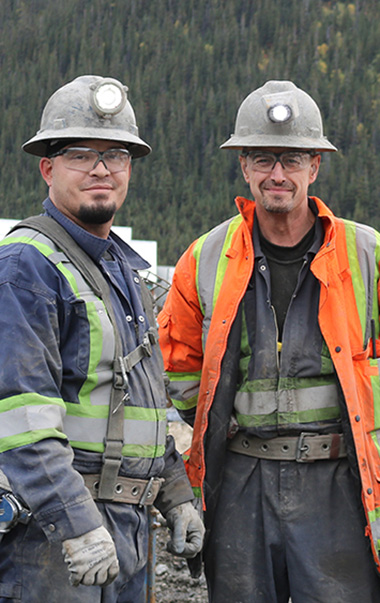 The Palmarejo mines goal is not to lower their guard for a single day. SafeStart focuses on understanding and reducing all human error—at all times (including those times when employees are not at work). The process addresses the behavioral states inherent to the human being and focuses on transforming the safety culture of companies in any segment, making their employees become self-managed concerning existing risks. Considering the majority of incidents that require medical attention occur outside of the workplace, a 24/7 safety mindset is more important than ever. Workers often put the safety of their family and friends above their own.
The Palmarejo mines goal is not to lower their guard for a single day. SafeStart focuses on understanding and reducing all human error—at all times (including those times when employees are not at work). The process addresses the behavioral states inherent to the human being and focuses on transforming the safety culture of companies in any segment, making their employees become self-managed concerning existing risks. Considering the majority of incidents that require medical attention occur outside of the workplace, a 24/7 safety mindset is more important than ever. Workers often put the safety of their family and friends above their own.
By taking SafeStart home they are unknowingly creating an advocate for off-the-job safety to watch over them when faced with risks while they’re not at work. You’ll also notice a difference in the way workers have taken the lead in safety at home and how they interact with people on the job. They almost instinctively lead by example— consistently wearing their PPE, intervening when unsafe actions occur and looking out for not only the well-being of their co-workers but an enhanced individual responsibility.
Palmarejo has been implementing the SafeStart program since the end of 2018, obtaining results that are slowly demonstrating the construction of a new safety paradigm, achieving a reduction in the severity and intensity rates of incidents.
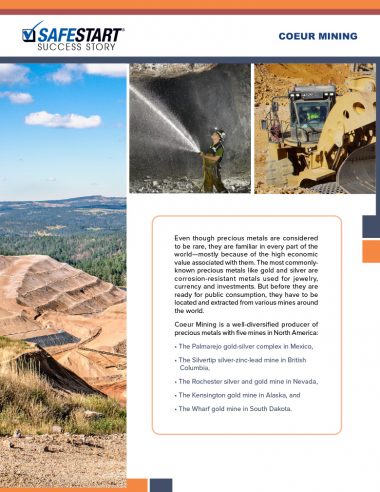
Get the PDF
You can view or download a PDF of this case study using the button below.

